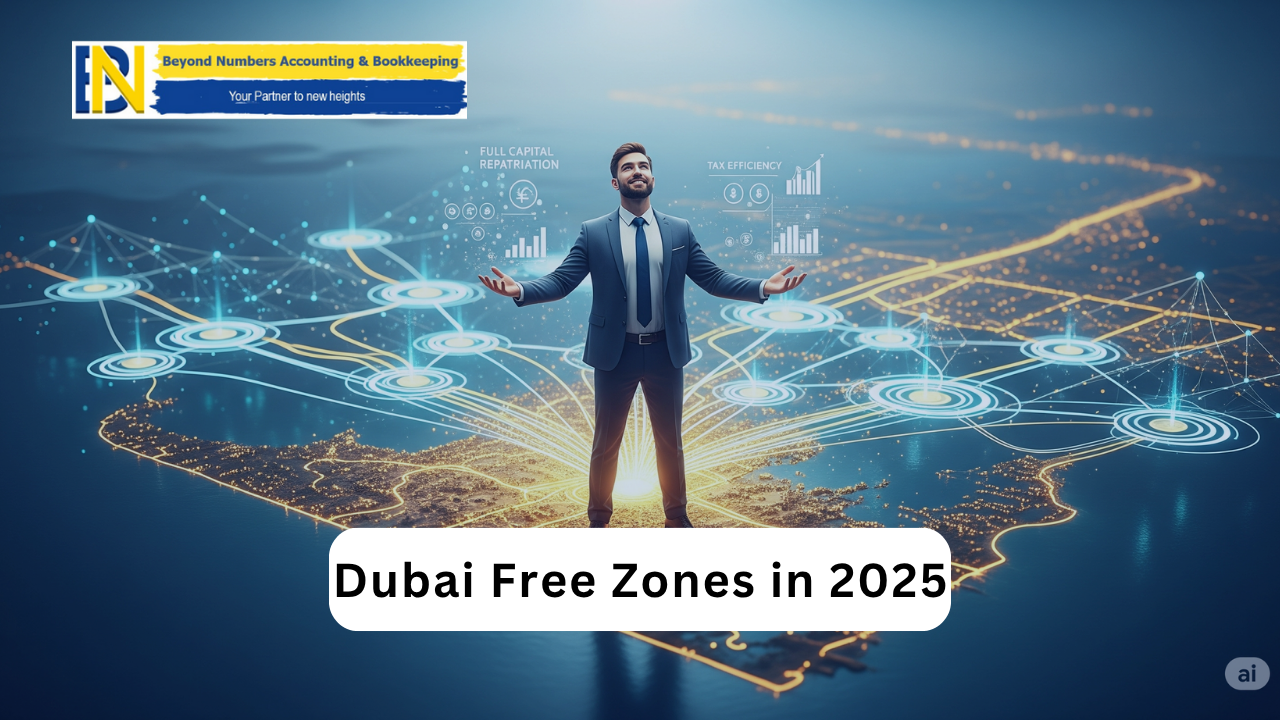Dubai’s Free Zones continue to represent a strategic turning point for expat investors in 2025, offering a globally competitive commercial ecosystem designed to facilitate seamless business integration and sustained economic growth. The ongoing evolution of their regulatory frameworks, coupled with an unwavering focus on investor-friendly policies, solidifies their position as a premier choice for foreign direct investment.
Unparalleled Ownership and Capital Repatriation
A cornerstone of the Dubai Free Zone appeal lies in the provision for 100% foreign ownership. This crucial advantage eliminates the traditional requirement for a local Emirati partner, which is typically mandated for mainland companies. For expat investors, this translates into complete control over business operations, strategic decisions, and equity, offering a significant psychological and practical benefit. In addition to full ownership, these zones consistently permit the full repatriation of capital and profits. This provision ensures that investors can transfer their earnings and invested capital back to their home countries without restrictions or the burden of withholding taxes, thereby enhancing financial flexibility and operational efficiency.
Strategic Tax Efficiency
While the UAE introduced a federal Corporate Tax (CT) in 2023, Dubai’s Free Zones remain highly attractive due to their distinctive tax regime. For Qualifying Free Zone Persons (QFZPs), a 0% corporate tax rate on qualifying income is still applicable. This pivotal benefit is primarily for income derived from other Free Zone entities or from clients outside the UAE, provided the Free Zone company maintains an adequate economic presence within the UAE and submits audited financials annually. This distinction is crucial; while mainland companies generally face a 9% corporate tax on profits exceeding AED 375,000, Free Zones offer a significant competitive edge for businesses with an international or inter-Free Zone focus.
Furthermore, the absence of personal income tax in the UAE remains a powerful draw for expatriate individuals. Salaries, dividends, and capital gains are not subject to income tax, allowing expats to retain a substantially larger portion of their earnings. For trading businesses, Free Zones also provide 100% exemption on import and export duties for goods moved within designated zones and for international re-exports, substantially reducing supply chain costs and enhancing profit margins.
Streamlined Setup and Operational Dexterity
Dubai’s Free Zones are renowned for their business-friendly environment and simplified company formation processes. Each Free Zone acts as a self-contained business hub with its own regulatory authority, leading to streamlined procedures for licensing, visa applications, and administrative approvals. This “one-stop-shop” approach accelerates market entry, enabling businesses to obtain their licenses and commence operations far more quickly than traditional mainland setups.
Moreover, the Free Zones offer diverse office solutions, ranging from flexi-desks and co-working spaces to premium offices and warehousing facilities, catering to a wide spectrum of business needs and budget requirements. This flexibility, coupled with dedicated support teams and robust infrastructure, fosters a conducive environment for growth and scalability.
Expanded Market Access and Diversification
A significant development in 2025, Executive Council Resolution No. (11) of 2025, marks a landmark shift, allowing Free Zone companies to extend their operations beyond their designated zones into the Dubai mainland. This transformative regulation introduces three key pathways for Free Zone entities:
- Establishment of a physical branch in mainland Dubai.
- Establishment of a branch with its headquarters in a Free Zone but operating on the mainland without requiring a separate physical office there.
- Application for a temporary permit for specific, short-term mainland activities.
This strategic move provides Free Zone businesses with an unprecedented gateway to access the broader UAE market without forfeiting their Free Zone advantages. It facilitates increased market penetration, allowing businesses to cater to a wider customer base and engage in local commerce previously restricted. This expanded access, aligned with Dubai’s D33 agenda to double its economy by 2033, underscores a clear commitment to attracting and supporting foreign business growth.
Sector-Specific Ecosystems and Global Connectivity
Dubai boasts over 30 Free Zones, many of which are sector-specific, such as Dubai Internet City for technology, Dubai Media City for media and communications, Jebel Ali Free Zone (JAFZA) for trade and logistics, and Dubai International Financial Centre (DIFC) for finance. This specialization fosters an environment of relevant knowledge, expertise, and collaboration opportunities. By situating within these clusters, businesses gain access to industry-specific infrastructure, a network of specialized suppliers and clients, and a pool of skilled talent, creating powerful ecosystems that drive innovation and growth.
Furthermore, Dubai’s strategic geographic location serves as a pivotal gateway to global markets. Its world-class logistics infrastructure, including advanced ports and airports, ensures seamless international trade and connectivity, making it an ideal hub for businesses with global aspirations.
Conclusion
For expat investors in 2025, Dubai’s Free Zones continue to present an overwhelmingly compelling proposition. The unwavering advantages of 100% foreign ownership, full profit repatriation, significant tax efficiencies, streamlined operational processes, and the strategic expansion into the mainland market collectively position them as an optimal choice. These benefits, reinforced by Dubai’s pro-business governmental initiatives and robust sector-specific ecosystems, provide a secure, compliant, and highly advantageous environment for establishing and scaling international ventures. Businesses should meticulously evaluate the specific Free Zone offerings to align with their operational models and strategic objectives, ensuring they leverage these unparalleled opportunities effectively.

